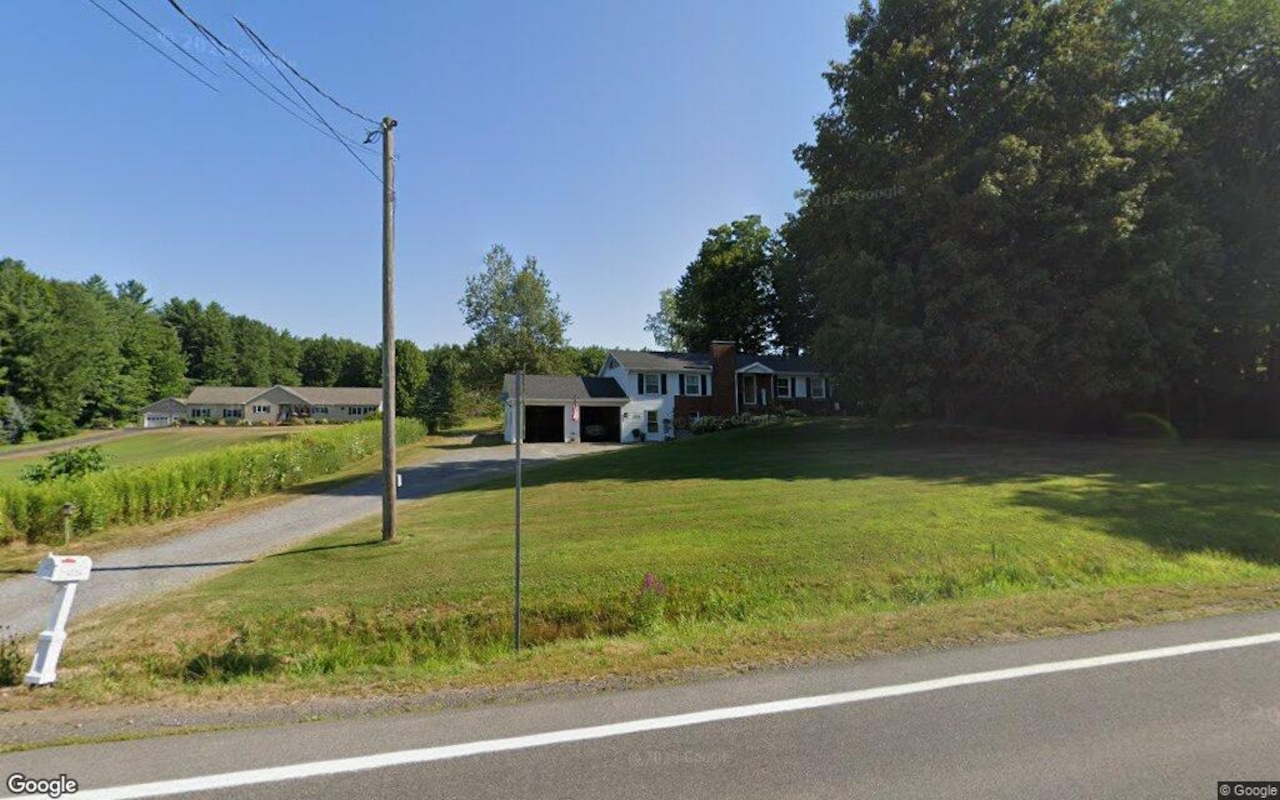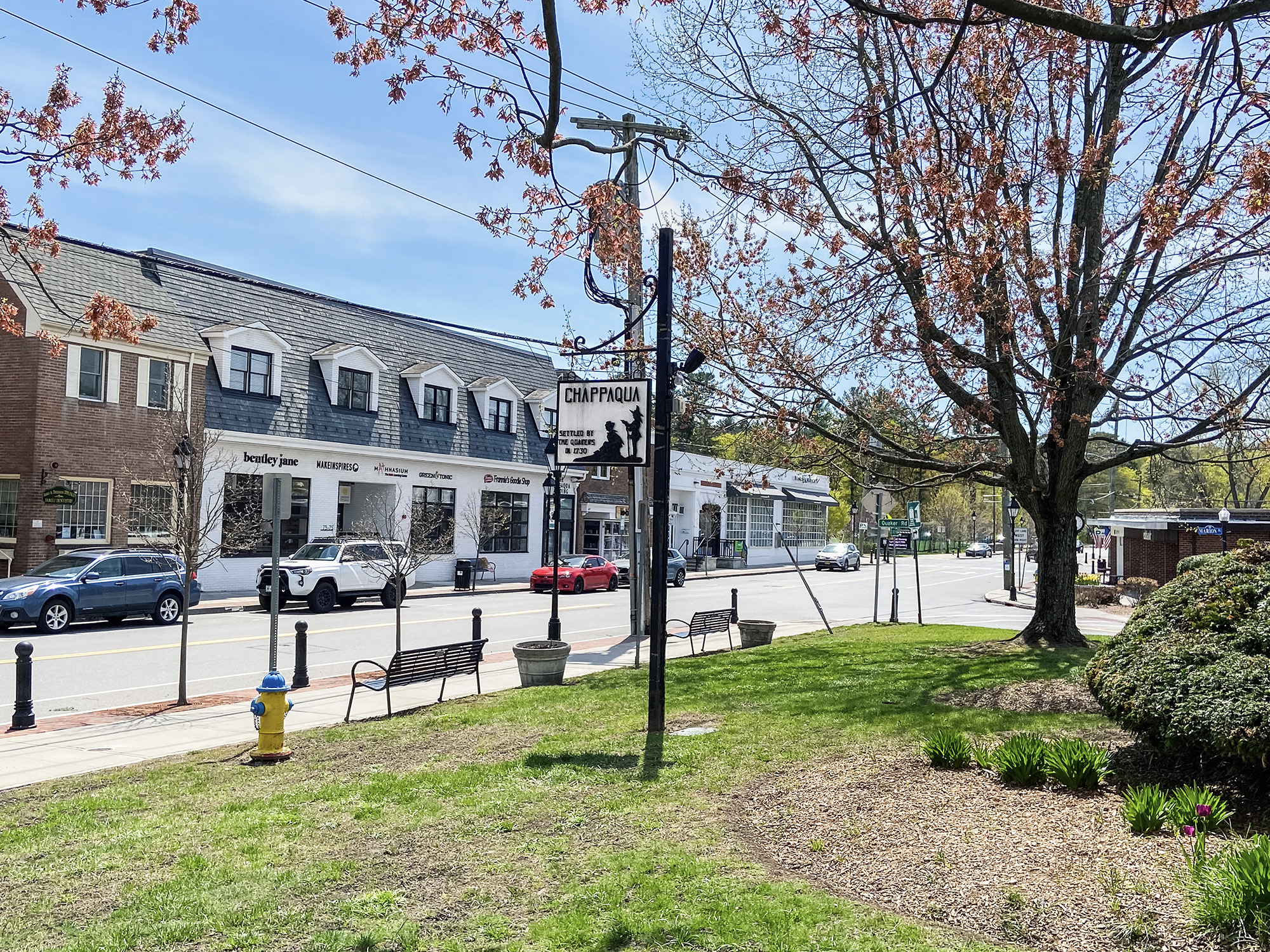T
he US condominium market is facing structural strain in 2025, driven by shifting generational preferences, growing inventories, and regional overconcentration. While millennials lead mortgage applications across the housing sector, older generations are the backbone of condo demand, offering resilience but also risk in a cooling sales environment.
Condo sales are taking longer to complete, supply has risen sharply, and price appreciation is slowing or reversing in key urban markets. However, despite declining overall activity, condos have preserved a consistent share of US housing transactions, underpinned by steady demand in places like Florida, Hawaii, and Washington, D.C.
Demographic trends reveal a significant divide between generations. Millennials make up 45% of condo mortgage applications, but older Americans are the most enthusiastic buyers. Repeat buyers, typically older homeowners or downsizers, now account for half of all condo mortgage activity, while investors remain strong, albeit invisible in lending data due to widespread cash purchases.
Condo inventory has climbed rapidly since mid-2022, rising nearly 80% by mid-2024 and continuing to build through 2025. Meanwhile, condos are lingering longer on the market, with the average time to contract signing tripling from under 30 days in 2022 to 90 days today.
Regional market share varies widely, with condos accounting for over 55% of sales in Hawaii, dominating Washington, D.C.'s housing landscape, and comprising 16% of sales in Florida. However, Florida's prominence is facing headwinds due to rising insurance premiums, tightened safety regulations, and weakened migration patterns.
New condo sales have dropped 8% year-over-year, with activity concentrated in just a handful of large metros. Financing trends reflect growing caution, with condo purchase originations falling 2% year-over-year. Condo mortgage market performance is heavily tilted toward conventional financing, suggesting stricter underwriting and potentially higher borrower creditworthiness.
Regional price weakness has emerged, with annual price drops of 1.9% in Miami, 1.2% in Los Angeles, and 0.6% in Washington, D.C. Only a few metros continue to see notable price growth, signaling a reversal from last year's upward trend and a loss of pricing power in previously hot markets.
The US condo market is navigating a delicate balancing act, with baby boomers and cash-rich investors propping up demand but rising inventory, falling absorption rates, and growing regional risk exposure suggesting that without reinvention or regulatory relief, the condo market's best days may be behind it.














